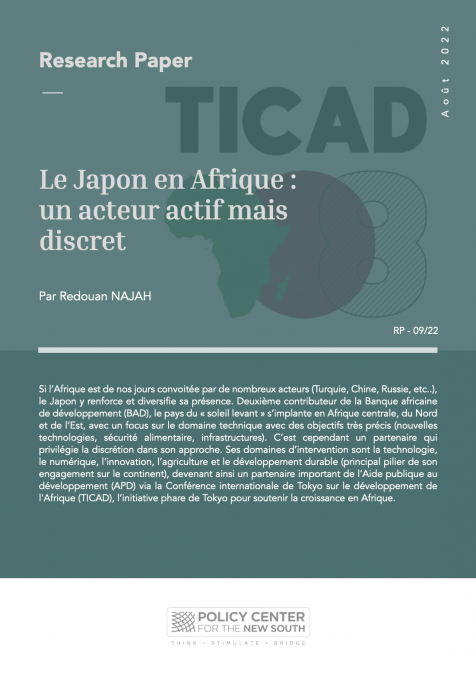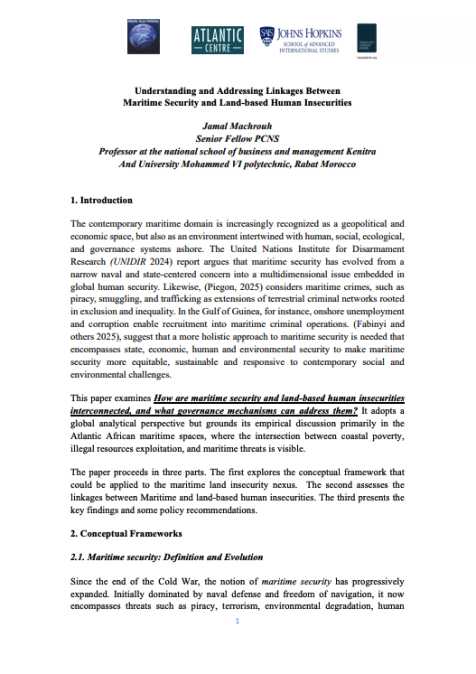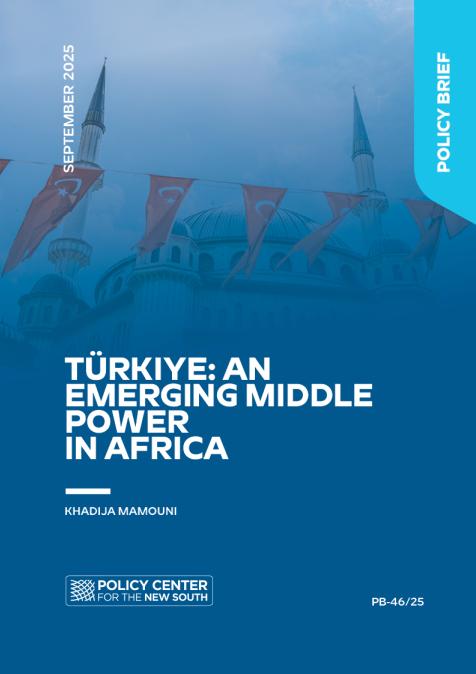Publications /
Research Paper
Si l’Afrique est de nos jours convoitée par de nombreux acteurs (Turquie, Chine, Russie, etc..), le Japon y renforce et diversifie sa présence. Deuxième contributeur de la Banque africaine de développement (BAD), le pays du « soleil levant » s’implante en Afrique centrale, du Nord et de l’Est, avec un focus sur le domaine technique avec des objectifs très précis (nouvelles technologies, sécurité alimentaire, infrastructures). C’est cependant un partenaire qui privilégie la discrétion dans son approche. Ses domaines d’intervention sont la technologie, le numérique, l’innovation, l’agriculture et le développement durable (principal pilier de son engagement sur le continent), devenant ainsi un partenaire important de l’Aide publique au développement (APD) via la Conférence internationale de Tokyo sur le développement de l'Afrique (TICAD), l’initiative phare de Tokyo pour soutenir la croissance en Afrique








